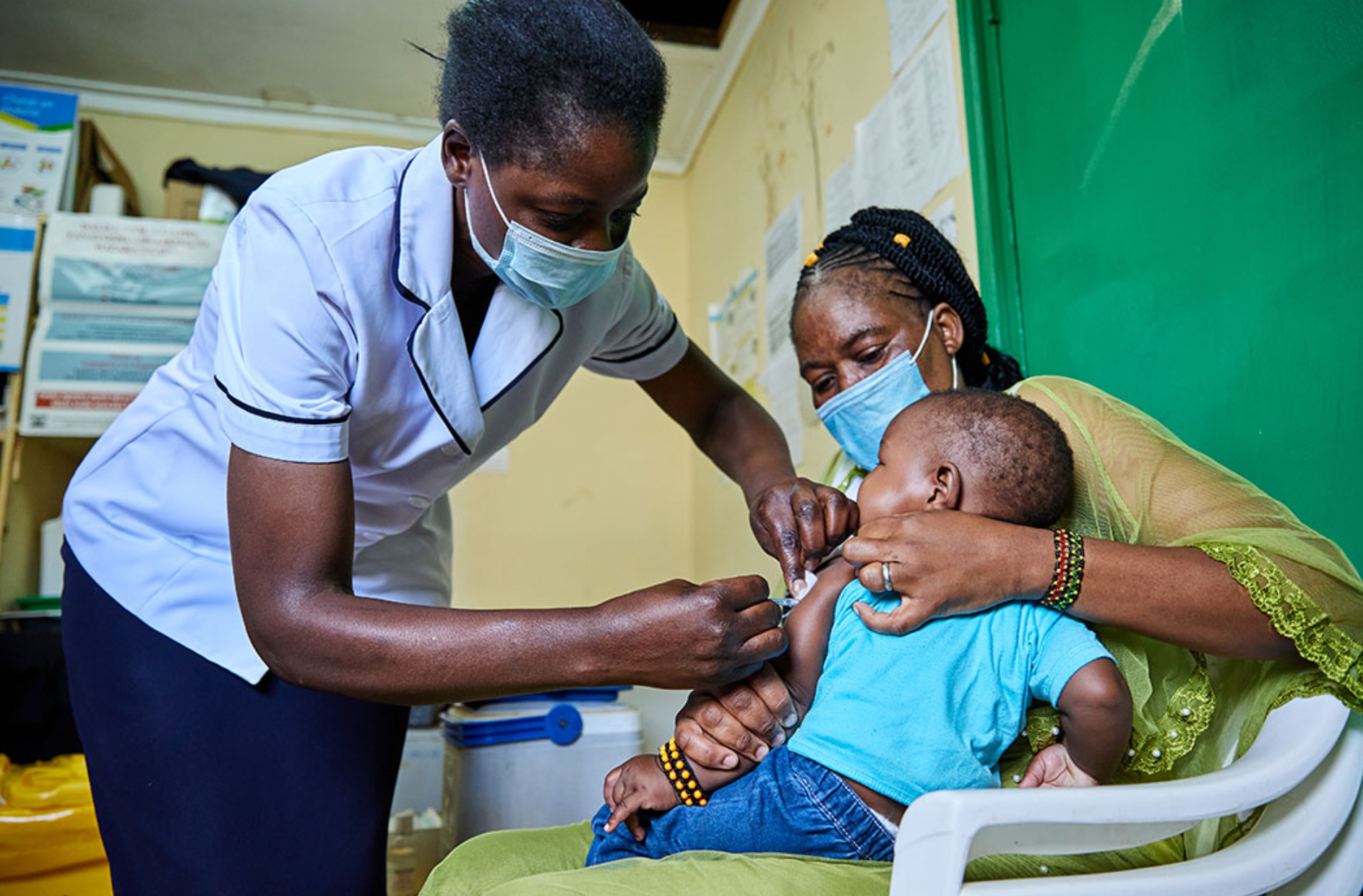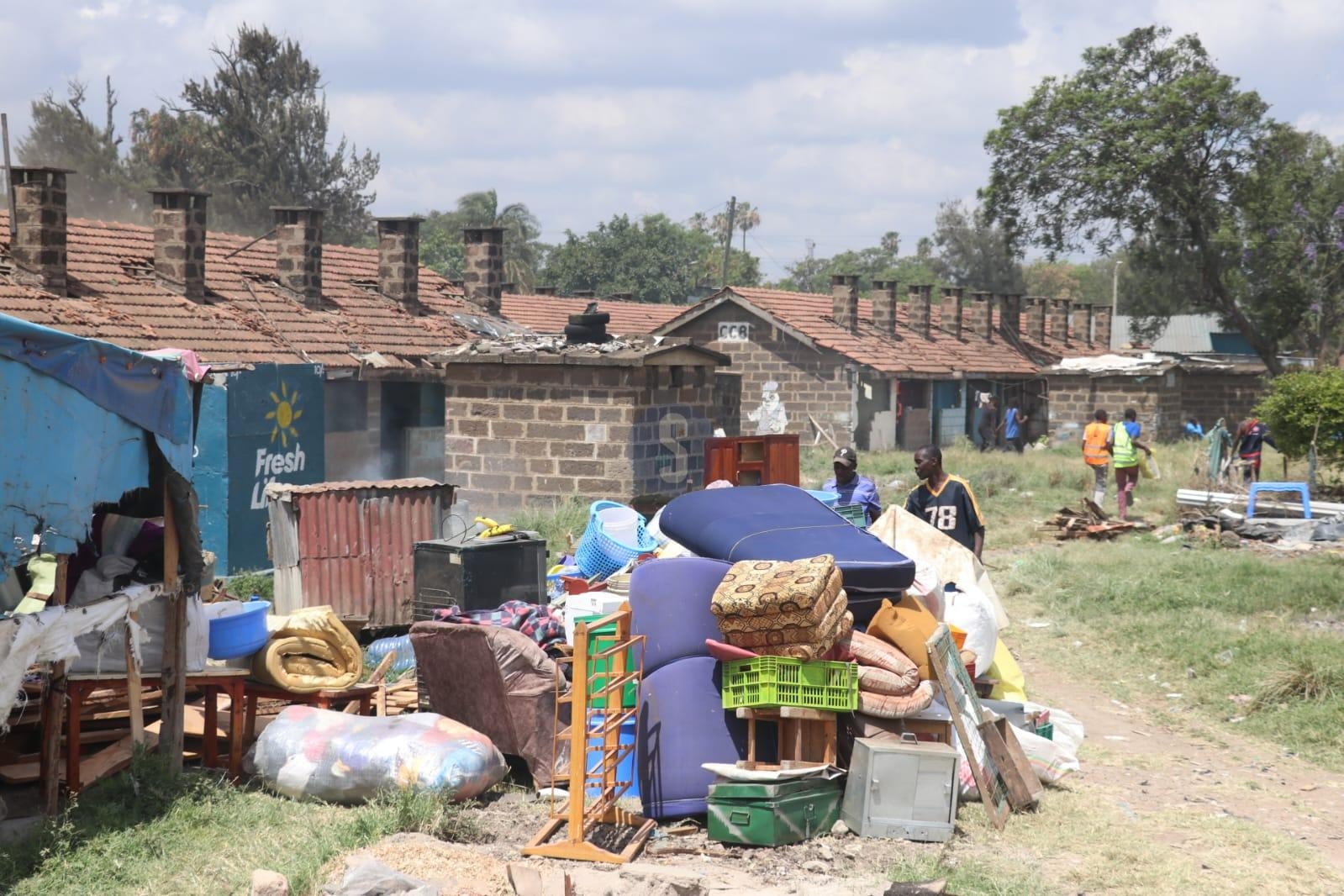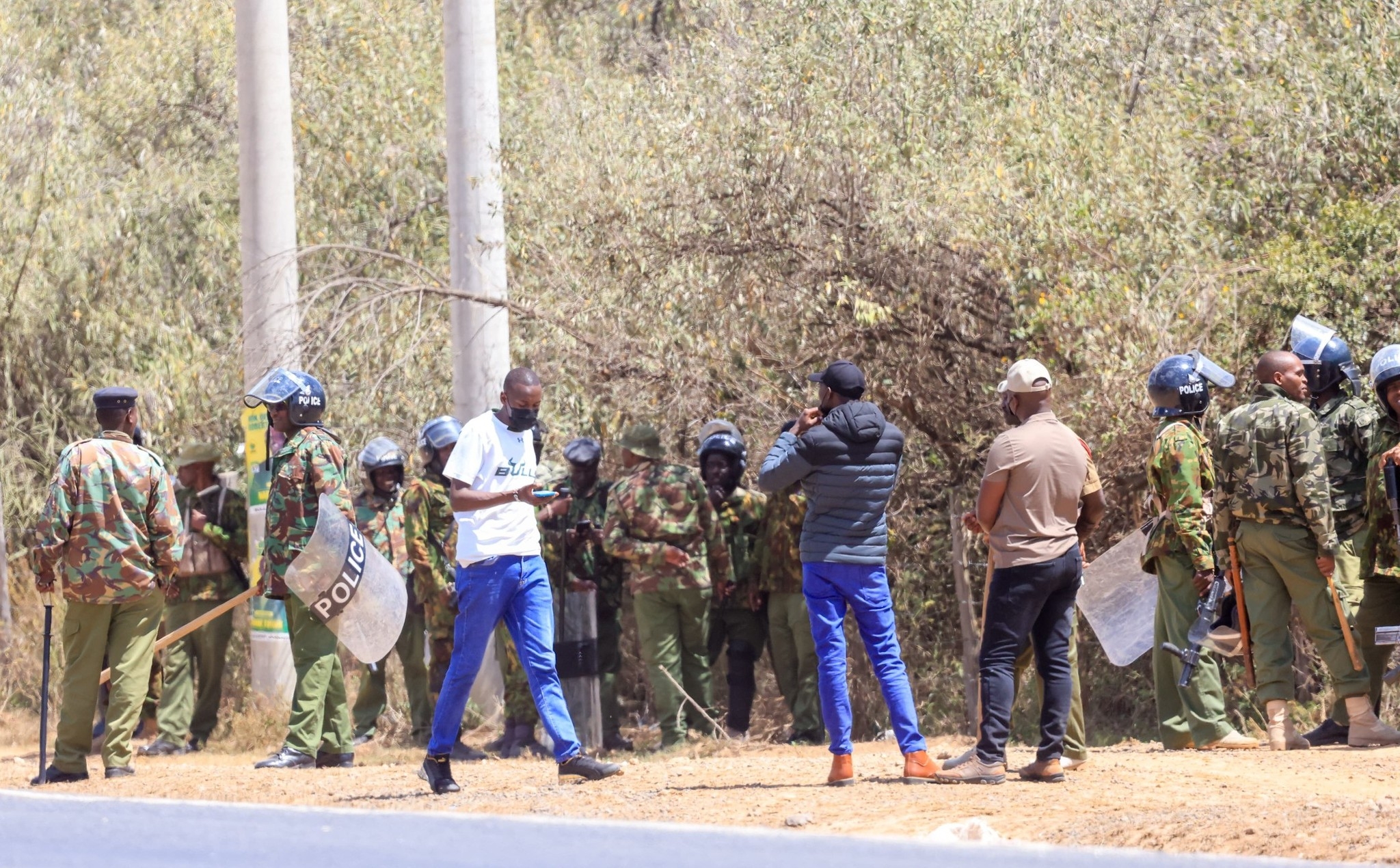 Malaria vaccination in western Kenya. The country introduced the RTS,S/AS01 malaria vaccine in 2019 across eight counties.
Malaria vaccination in western Kenya. The country introduced the RTS,S/AS01 malaria vaccine in 2019 across eight counties.While the vaccine is not yet part of Kenya’s national immunisation programme, this new Gavi–Unicef pricing deal could make broader rollout more financially feasible next year.
Backed by Gavi and executed by Unicef, the deal is expected to generate up to US$90 million in savings, which translates into more than 30 million additional doses of the vaccine, the two organisations announced in a statement.
Gavi is funding the deal through an advance payment, made possible by its innovative International Finance Facility for Immunisation (IFFIm).
Under the agreement, the price of a single vaccine dose will drop to US$2.99 (around Sh390), a reduction set to take effect in about a year.
This cut reflects the shared mission of Gavi and Unicef to foster a sustainable, competitive malaria vaccine market. The move also supports Gavi’s broader goal to fully vaccinate 50 million more children by 2030, the Geneva-based alliance said.
“Today’s announcement is a powerful example of what our Vaccine Alliance does best: leverage innovative financing and partnerships to shape vaccine markets and secure access to affordable vaccines – saving lives and delivering economic benefits to countries in the process,” said An Vermeersch, Gavi’s chief vaccine programmes and markets officer. She added that demand for the vaccine has been unprecedented and thanked partners for matching the commitment shown by countries.
Gavi’s role extends beyond just buying doses: it also supports procurement, logistics, market shaping, and helps national immunisation programmes incorporate the vaccine.
To date, more than 40 million malaria vaccine doses have been delivered via Gavi in 24 African countries, nations that together shoulder over 70 per cent of the world’s malaria burden.
Unicef, as the world’s largest vaccine buyer, delivers
nearly three billion doses every year, enough to vaccinate almost half of the
planet’s children.
In this deal, Unicef is negotiating directly with the manufacturer, helping keep prices low, and working with Gavi and others to sustain a healthy global vaccine supply.
“A child dies from malaria every minute, a devastating death toll of nearly half a million young lives claimed each year,” said Leila Pakkala, Director of Unicef’s supply division. “At this critical juncture of unprecedented decline in funding for international aid, Unicef is determined to continue our proactive work with partners to deliver enough vaccines at the best possible price to immunise and protect children from preventable diseases.”
The deal was made possible by IFFIm, which turns long-term donor pledges into immediate cash — allowing Gavi to act fast when opportunities arise. Since its inception, IFFIm has mobilised billions to accelerate immunisation efforts globally.
“IFFIm exists to turn ambition into action. This agreement shows how financial innovation can unlock opportunities that save lives. By enabling Gavi to move quickly, we’re not just funding vaccines – we’re helping fight malaria and create a future where every child has a fair chance at protection,” said Ken Lay, chair of IFFIm’s board of directors.
Malaria remains among Kenya’s most serious public health
challenges. The country introduced the RTS,S/AS01 malaria vaccine in 2019 across eight counties, including Kisumu, Siaya, Busia,
Migori, Kakamega, Homabay, Vihiga, and Bungoma.
Studies in Kenya have confirmed the safety of RTS,S, showing up to a 32 per cent drop in severe malaria hospital admissions among vaccinated children.
However, Kenya has not yet introduced the R21/Matrix-M vaccine into its routine immunisation schedule.
Gibson Maina, the former country lead at 1Day Sooner, said this delay was unreasonable, saying R21 has higher efficacy and lower cost compared to RTS,S.
“The R21 offers higher efficacy, lower costs, and easier storage; its adoption is both a medical and economic necessity. The government must urgently transition to R21, learning from its Covid-19 response by ensuring multiple vaccine options and prioritising public health over bureaucratic inertia,” he said.
The World Health Organization officially recommended R21 in late 2023. Kenyan health authorities acknowledge its potential.
A WHO-Kenya bulletin noted that R21 could significantly bolster malaria prevention, especially when combined with existing tools.

















